The other day my wife complimented me. I think she did, anyway. She didn’t (often) feel a need to nag me anymore. I had to stop and remember nagging. It’s actually been a while! I can excuse myself for not thinking about it. Just like the tasks she nagged me about, nagging itself was something easily forgotten.
Why I got nagged
In any relationship (or partnership), there are certain duties that fall on one’s shoulders. Often times these aren’t set in stone, it is merely that one person tends to do more than the other. With my wife, I have pretty common divisions. I typically take the garbage out, kill bugs while she typically cooks. I still love to cook, she’ll take the garbage out. Bugs are a hard line.
We have established basic guidelines for who is responsible for the regular tasks. There a lot of things that come up without clear ownership. Over the years, she asked me to do a lot of those things (especially if they involved a high shelf.)
And I would promptly say, “Sure, honey!”
And I would promptly forget.
Not just a little. An entire forget. There was no memory retrieval. The task became, entirely and thoroughly, dead to me.
It lived on with her, though. More than only living, it spoke to her. It would constantly tell her that it needed done. In turn, she would question if I would do it on my own or if she should nag me. This is a heavy decision for her to make. My wife is very normal; she most certainly doesn’t want to be a nagger.
After a week of this mental torture, she cannot look at me with the typical love and respect. The turmoil she has in her mind is absent in my mind while I’m blissfully ignorant of her pain. Who can blame me? I don’t even remember what she asked of me. I walk around smiling, oblivious!
And every day it gets worse. The gap widens and she gets further away from me. Then it snaps, an earthquake of emotions brings us back together. It isn’t comfortable.
Mind the Gap
The longer assumptions go unspoken and unresolved, the wider the gap grows. Eventually it will be an insurmountable chasm, full of resentment and annoyance. Obviously nobody wants that, except divorce lawyers. I finally learned that she was holding on to everything I forgot. Her emotions didn’t belong to just her, my forgetfulness and ineptitude were forces acting upon her.
When I realized that I was responsible creating a situation like this, suddenly not forgetting became much more important. I established patterns and hooks. This allowed me to follow through and be more reliable. She fortunately noticed almost immediately.
In the end, it didn’t feel like any extra work for me. In the beginning there was more effort; I had to figure out how to orient my actions to remember things I previously would have forgot. This is not a bad trait to develop. The organizational systems I’ve developed around the house have helped me be more organized in general, and in turn be more productive. That isn’t the most important win, though.
Above all, I no longer see that look of frustration in my wife’s eyes. It was replaced with the gaze of a partner, who worked with me to help me remember rather than resent me for forgetting.
Incidentally, last night she asked me to take the trash out and I promptly started coding a fix to something I saw in an app we’re building… because she left it open on her computer. Instead of being frustrated, she gently reminded me and then patted me on the back for the improvement.
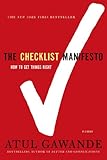
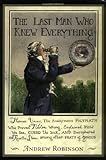

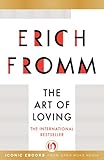
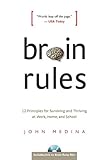
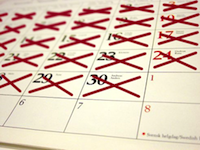 I figured 31 days of very unperfect writing would help build that habit. And it absolutely did. I won’t publish every day, but I feel much better about quickly forming a post throughout the day and writing it in a way that I can get it out. I also learned it’s ok to put stuff out that still feels fuzzy or off, because it’s also ok to take something I wrote a while ago and re-write it.
I figured 31 days of very unperfect writing would help build that habit. And it absolutely did. I won’t publish every day, but I feel much better about quickly forming a post throughout the day and writing it in a way that I can get it out. I also learned it’s ok to put stuff out that still feels fuzzy or off, because it’s also ok to take something I wrote a while ago and re-write it. The next question is more self-centered. Sure, I’d love to figure out how to not pay for TDP operations out of my own pocket. That isn’t a big deal, though. What do I really need? If I find a magic lamp, complete with a genie what would my 3 wishes be?
The next question is more self-centered. Sure, I’d love to figure out how to not pay for TDP operations out of my own pocket. That isn’t a big deal, though. What do I really need? If I find a magic lamp, complete with a genie what would my 3 wishes be?